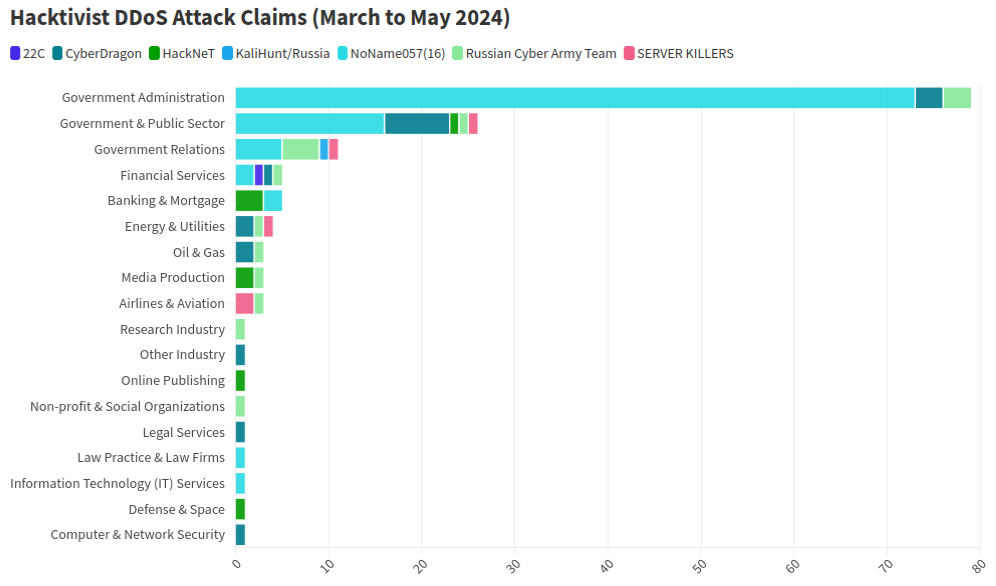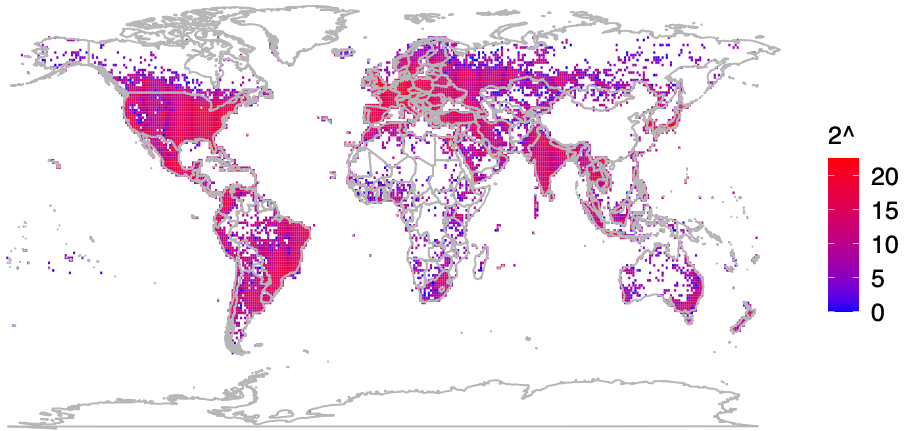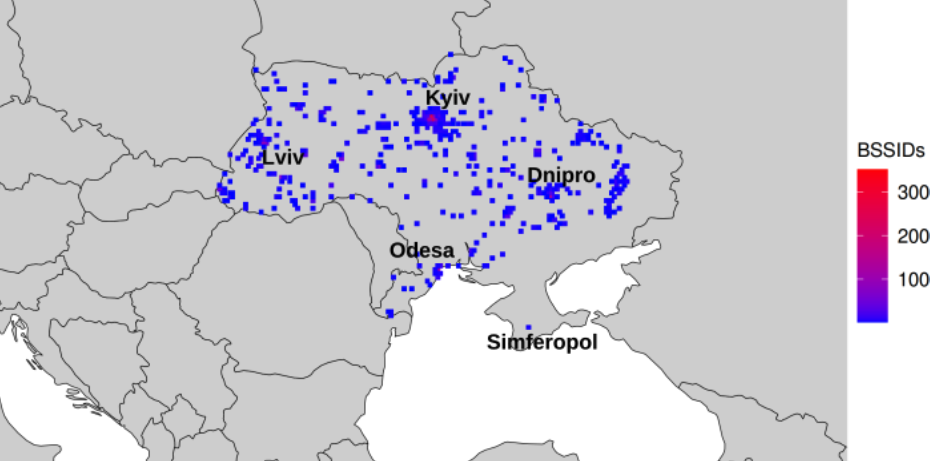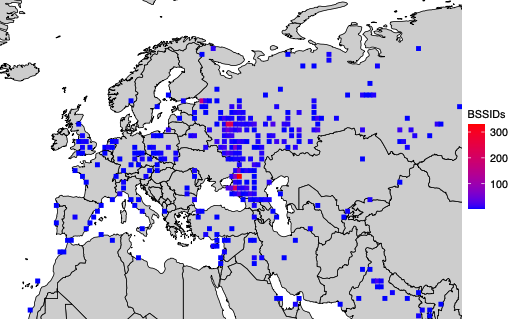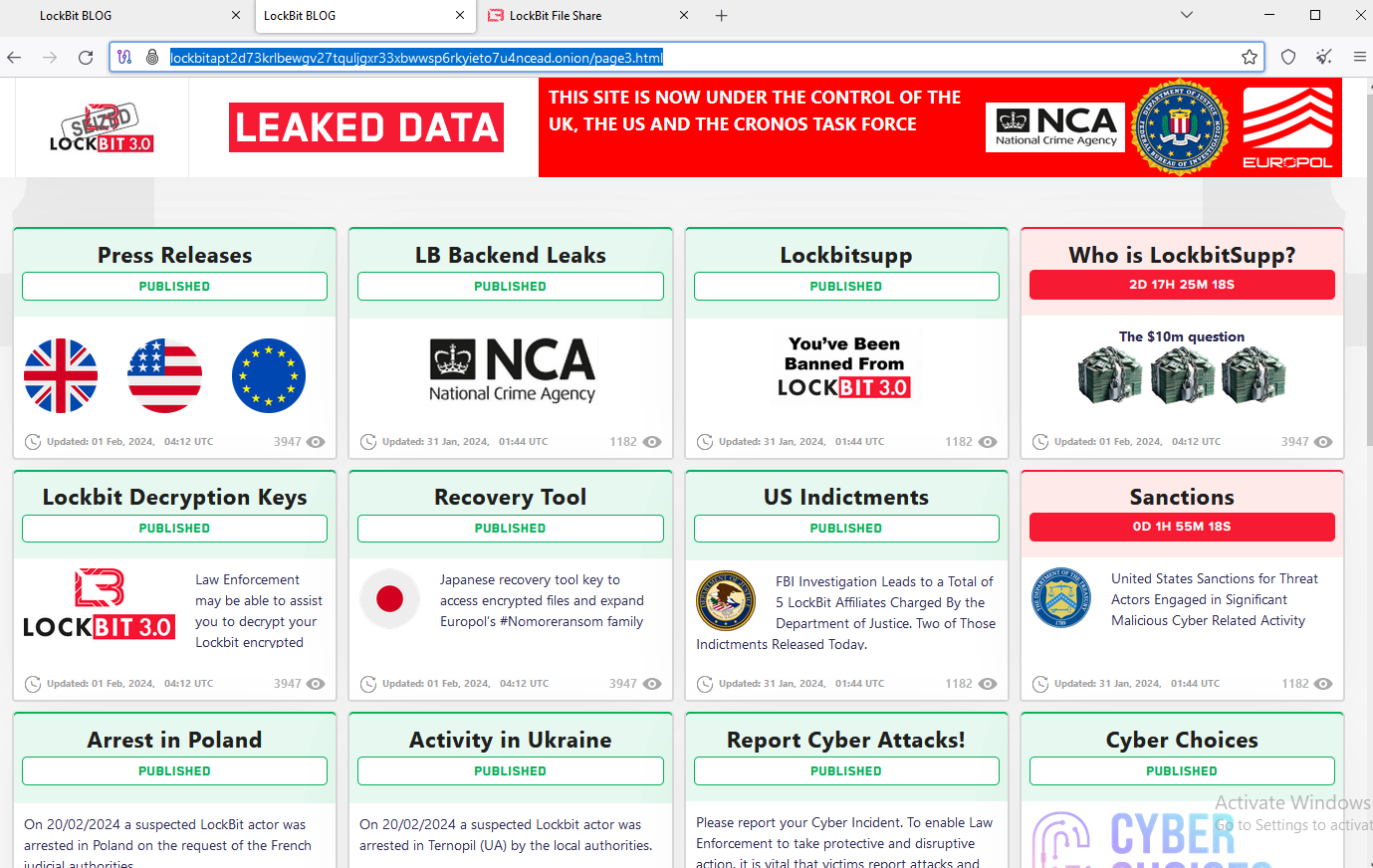Last week, the United States joined the U.K. and Australia in sanctioning and charging a Russian man named Dmitry Yuryevich Khoroshev as the leader of the infamous LockBit ransomware group. LockBit’s leader “LockBitSupp” claims the feds named the wrong guy, saying the charges don’t explain how they connected him to Khoroshev. This post examines the activities of Khoroshev’s many alter egos on the cybercrime forums, and tracks the career of a gifted malware author who has written and sold malicious code for the past 14 years.

Dmitry Yuryevich Khoroshev. Image: treasury.gov.
On May 7, the U.S. Department of Justice indicted Khoroshev on 26 criminal counts, including extortion, wire fraud, and conspiracy. The government alleges Khoroshev created, sold and used the LockBit ransomware strain to personally extort more than $100 million from hundreds of victim organizations, and that LockBit as a group extorted roughly half a billion dollars over four years.
Federal investigators say Khoroshev ran LockBit as a “ransomware-as-a-service” operation, wherein he kept 20 percent of any ransom amount paid by a victim organization infected with his code, with the remaining 80 percent of the payment going to LockBit affiliates responsible for spreading the malware.
Financial sanctions levied against Khoroshev by the U.S. Department of the Treasury listed his known email and street address (in Voronezh, in southwest Russia), passport number, and even his tax ID number (hello, Russian tax authorities). The Treasury filing says Khoroshev used the emails sitedev5@yandex.ru, and khoroshev1@icloud.com.
According to DomainTools.com, the address sitedev5@yandex.ru was used to register at least six domains, including a Russian business registered in Khoroshev’s name called tkaner.com, which is a blog about clothing and fabrics.
A search at the breach-tracking service Constella Intelligence on the phone number in Tkaner’s registration records — 7.9521020220 — brings up multiple official Russian government documents listing the number’s owner as Dmitri Yurievich Khoroshev.
Another domain registered to that phone number was stairwell[.]ru, which at one point advertised the sale of wooden staircases. Constella finds that the email addresses webmaster@stairwell.ru and admin@stairwell.ru used the password 225948.
DomainTools reports that stairwell.ru for several years included the registrant’s name as “Dmitrij Ju Horoshev,” and the email address pin@darktower.su. According to Constella, this email address was used in 2010 to register an account for a Dmitry Yurievich Khoroshev from Voronezh, Russia at the hosting provider firstvds.ru.

Image: Shutterstock.
Cyber intelligence firm Intel 471 finds that pin@darktower.ru was used by a Russian-speaking member called Pin on the English-language cybercrime forum Opensc. Pin was active on Opensc around March 2012, and authored 13 posts that mostly concerned data encryption issues, or how to fix bugs in code.
Other posts concerned custom code Pin claimed to have written that would bypass memory protections on Windows XP and Windows 7 systems, and inject malware into memory space normally allocated to trusted applications on a Windows machine.
Pin also was active at that same time on the Russian-language security forum Antichat, where they told fellow forum members to contact them at the ICQ instant messenger number 669316.
NEROWOLFE
A search on the ICQ number 669316 at Intel 471 shows that in April 2011, a user by the name NeroWolfe joined the Russian cybercrime forum Zloy using the email address d.horoshev@gmail.com, and from an Internet address in Voronezh, RU.
Constella finds the same password tied to webmaster@stairwell.ru (225948) was used by the email address 3k@xakep.ru, which Intel 471 says was registered to more than a dozen NeroWolfe accounts across just as many Russian cybercrime forums between 2011 and 2015.
NeroWolfe’s introductory post to the forum Verified in Oct. 2011 said he was a system administrator and C++ coder.
“Installing SpyEYE, ZeuS, any DDoS and spam admin panels,” NeroWolfe wrote. This user said they specialize in developing malware, creating computer worms, and crafting new ways to hijack Web browsers.

“I can provide my portfolio on request,” NeroWolfe wrote. “P.S. I don’t modify someone else’s code or work with someone else’s frameworks.”
In April 2013, NeroWolfe wrote in a private message to another Verified forum user that he was selling a malware “loader” program that could bypass all of the security protections on Windows XP and Windows 7.
“The access to the network is slightly restricted,” NeroWolfe said of the loader, which he was selling for $5,000. “You won’t manage to bind a port. However, it’s quite possible to send data. The code is written in C.”
In an October 2013 discussion on the cybercrime forum Exploit, NeroWolfe weighed in on the karmic ramifications of ransomware. At the time, ransomware-as-a-service didn’t exist yet, and many members of Exploit were still making good money from “lockers,” relatively crude programs that locked the user out of their system until they agreed to make a small payment (usually a few hundred dollars via prepaid Green Dot cards).
Lockers, which presaged the coming ransomware scourge, were generally viewed by the Russian-speaking cybercrime forums as harmless moneymaking opportunities, because they usually didn’t seek to harm the host computer or endanger files on the system. Also, there were still plenty of locker programs that aspiring cybercriminals could either buy or rent to make a steady income.
NeroWolfe reminded forum denizens that they were just as vulnerable to ransomware attacks as their would-be victims, and that what goes around comes around.
“Guys, do you have a conscience?,” NeroWolfe wrote. “Okay, lockers, network gopstop aka business in Russian. The last thing was always squeezed out of the suckers. But encoders, no one is protected from them, including the local audience.” Continue reading →












